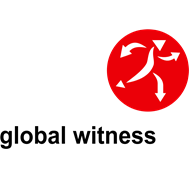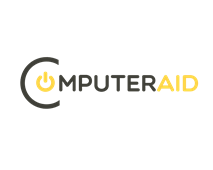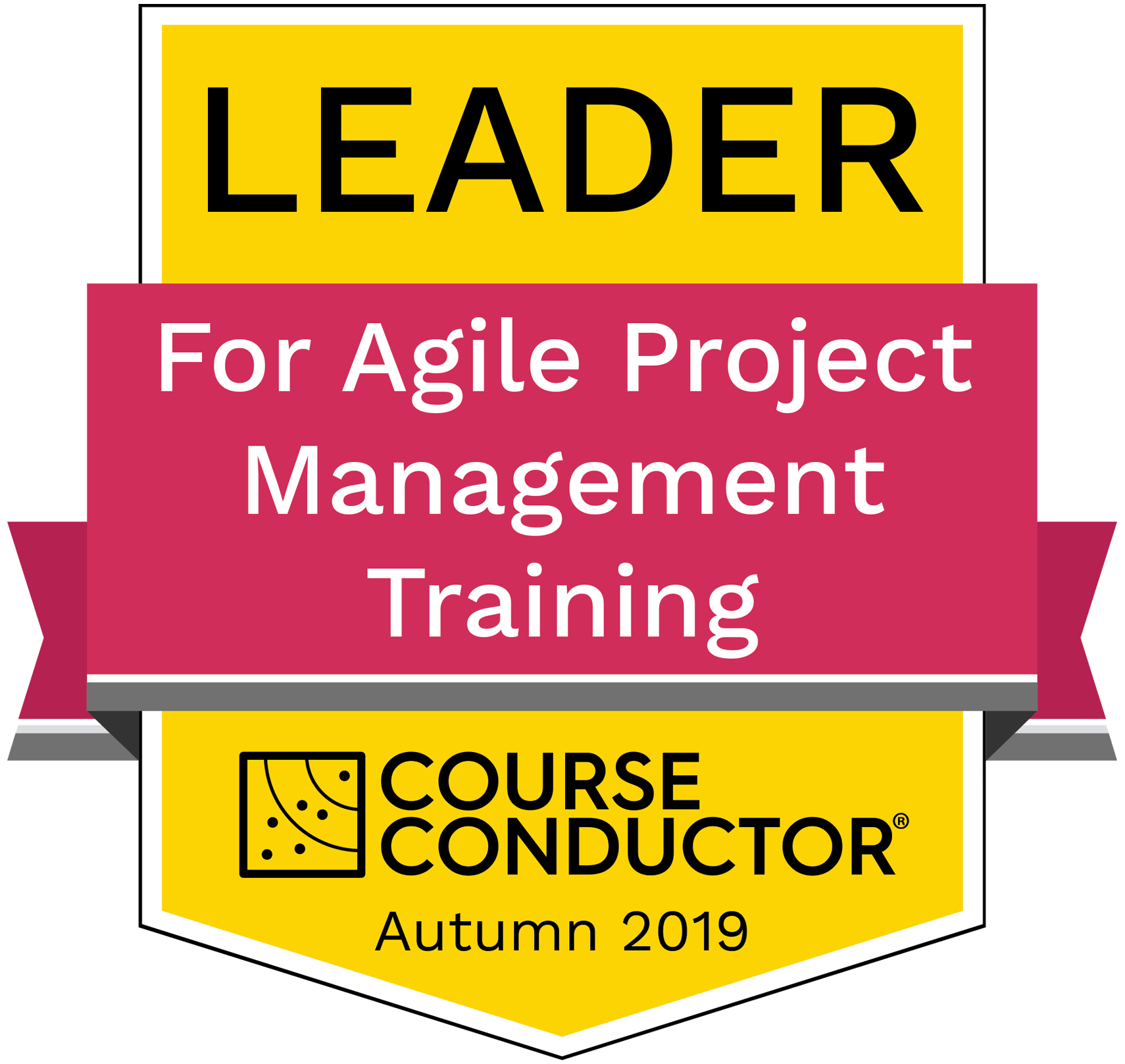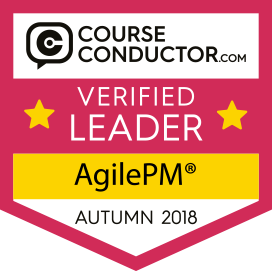
Introduction
Definition and purpose
The APM Body of Knowledge is a comprehensive resource for project management professionals. It serves as a core guide, encapsulating essential principles and best practices. This authoritative text provides a standardised framework for understanding and implementing effective project management techniques.
Brief history and development
Developed by the Association for Project Management (APM), the Body of Knowledge has evolved significantly since its inception. The first edition was published in 1992, reflecting the nascent state of project management as a discipline. Subsequent editions have incorporated emerging methodologies, technological advancements, and changing industry needs.
The current 7th edition, released in 2019, represents the most up-to-date compilation of project management knowledge and practices.
Importance in the project management field
The APM Body of Knowledge plays a crucial role in shaping the project management profession. Its significance can be understood through several key aspects:
- Standardisation
It establishes a common language and approach for project managers globally.
- Professional development
The guide serves as a cornerstone for continuous learning and skill enhancement.
- Qualification framework
It forms the basis for APM’s professional certifications and accreditations.
- Best practices
The resource consolidates proven techniques and methodologies from experienced practitioners.
- Adaptability
Regular updates ensure the content remains relevant in a rapidly changing business environment.
By providing a structured approach to project management, the APM Body of Knowledge equips professionals with the tools and knowledge necessary to navigate complex projects successfully. It serves as an indispensable resource for both novice and experienced project managers alike.
Evolution of the APM Body of Knowledge
Overview of different editions
The APM Body of Knowledge has undergone significant transformations since its inception. Each edition has reflected the evolving landscape of project management:
First Edition (1992)
Established the foundation for project management knowledge.
Second Edition (1994)
Expanded on core concepts and practices.
Third Edition (1996)
Introduced more sophisticated methodologies.
Fourth Edition (2000)
Incorporated emerging trends and technologies.
Fifth Edition (2006)
Focused on strategic alignment and stakeholder management.
Sixth Edition (2012)
Emphasised the importance of sustainability and ethics.
Seventh Edition (2019)
Addressed complexity management and adaptability.
Key changes and improvements over time
The APM Body of Knowledge has continuously evolved to meet the changing needs of project professionals:
Scope expansion
Each edition has broadened its coverage of project management topics.
Structural refinement
The organisation of content has become more intuitive and user-friendly.
Integration of new methodologies
Agile and hybrid approaches have been incorporated alongside traditional methods.
Focus on soft skills
Recent editions have emphasised leadership, communication, and stakeholder engagement.
Technological considerations
The impact of digital tools and AI on project management has been addressed.
Ethical considerations
Sustainability and professional conduct have gained prominence in later editions.
Comparison with other project management guides
The APM Body of Knowledge shares similarities with other guides, particularly the Project Management Body of Knowledge (PMBOK®) from the US Project Management Institute (PMI). Despite its similarities, the APM BoK maintains its own distinct characteristics:
| Aspect | APM Body of Knowledge | PMBOK Guide |
| Focus | Broad principles and concepts | Detailed processes and tools |
| Structure | Thematic chapters | Knowledge areas and process groups |
| Approach | Reflective and principle-based | Prescriptive and process-oriented |
| Geographic origin | UK-centric | US-centric |
| Certification alignment | APM qualifications | PMI certifications |
The APM Body of Knowledge differentiates itself through its:
Principles-based approach
Emphasising adaptability over rigid processes.
Strategic perspective
Focusing on aligning projects with organisational goals.
Ethical emphasis
Stressing the importance of sustainable and responsible project management.
By continually evolving, the APM Body of Knowledge remains a relevant and valuable resource for project professionals worldwide. Its unique approach complements other guides, providing a comprehensive view of project management best practices.
Structure and content of the latest edition
The 7th edition of the APM Body of Knowledge presents a comprehensive and well-organised structure. It offers a holistic view of project management, encompassing strategic, operational, and interpersonal aspects.
Four main chapters and their focus
Setting up for success
This chapter lays the groundwork for effective project management. It covers:
- Strategic alignment: Ensuring projects support organisational objectives
- Governance: Establishing clear decision-making frameworks
- Stakeholder engagement: Identifying and managing key stakeholders
- Risk management: Anticipating and mitigating potential issues.
The focus here is on creating a solid foundation for project success from the outset.
Preparing for change
Change is inevitable in projects, and this chapter addresses how to manage it effectively:
- Change management: Implementing processes to handle modifications
- Benefits management: Identifying and realising project benefits
- Scope definition: Clearly outlining project boundaries
- Schedule management: Planning and controlling project timelines.
This section equips project managers with tools to navigate uncertainties and transitions.
People and behaviours
Recognising the human element in project management, this chapter explores:
- Leadership: Developing and applying effective leadership skills
- Team dynamics: Understanding and optimising team performance
- Communication: Ensuring clear and efficient information exchange
- Conflict resolution: Addressing and resolving interpersonal issues.
The emphasis is on the soft skills crucial for successful project delivery.
Planning and managing deployment
This final chapter focuses on the practical aspects of project execution:
- Resource management: Allocating and optimising project resources
- Procurement: Managing external suppliers and contracts
- Quality management: Ensuring project outputs meet required standards
- Handover and closure: Successfully concluding projects.
It provides guidance on the day-to-day management of project activities.
Topics covered across chapters
The APM Body of Knowledge thoroughly explores 80 distinct topics within these four chapters. Each topic receives detailed attention, ensuring comprehensive coverage of project management principles and practices.
Key features
The latest edition incorporates several notable features:
- Engaging diagrams: Visual representations enhance understanding of complex concepts.
- Recommended reading: Curated lists of resources for further exploration of each topic.
- Cross-referencing: Links between related topics facilitate a holistic understanding.
- Case studies: Real-world examples illustrate practical applications of principles.
- Glossary: A comprehensive list of terms ensures clarity and consistency.
These features make the APM Body of Knowledge an accessible and valuable resource for project professionals at all levels. The structure and content of the latest edition reflect the evolving nature of project management, providing a robust framework for navigating the complexities of modern projects.
Benefits of using the APM Body of Knowledge
The APM Body of Knowledge offers numerous advantages to project management professionals. Let’s explore the key benefits of incorporating this resource into your practice.
Standardised approach to project management
Adopting the APM Body of Knowledge provides a consistent framework for project management:
- Common language: It establishes a shared terminology across organisations and industries.
- Best practices: The guide outlines proven methodologies and techniques.
- Scalability: Its principles can be applied to projects of various sizes and complexities.
This standardisation facilitates better collaboration and communication among project teams and stakeholders.
Continuous learning and professional development
The APM Body of Knowledge serves as a catalyst for ongoing professional growth:
- Comprehensive coverage: Its wide-ranging topics encourage exploration of new areas.
- Regular updates: New editions reflect the latest trends and practices in project management.
- Self-assessment: Practitioners can identify knowledge gaps and areas for improvement.
By engaging with this resource, project managers can stay current in their field and enhance their skills continually.
Enhanced credibility and career prospects
Learning the APM Body of Knowledge can significantly boost a project manager’s professional standing:
- Industry recognition: It aligns with respected APM qualifications.
- Demonstrated expertise: Knowledge of its contents showcases a commitment to professional standards.
- Global relevance: Its principles are applicable across various industries and countries.
This increased credibility can lead to improved career opportunities and advancement.
Improved decision-making and project outcomes
Applying the principles from the APM Body of Knowledge can lead to better project results:
- Risk mitigation: Its comprehensive approach helps identify and manage potential issues.
- Strategic alignment: It emphasises linking projects to organisational objectives.
- Stakeholder management: Improved techniques for engaging with project stakeholders.
By leveraging this knowledge, project managers can make more informed decisions and increase the likelihood of project success.
The APM Body of Knowledge is a valuable asset for any project management professional. Its benefits extend beyond individual growth, contributing to improved project outcomes and organisational success.
APM qualifications and the Body of Knowledge
Overview of APM qualifications (PFQ, PMQ, PPQ)
The Association for Project Management offers three primary qualifications:
- Project Fundamentals Qualification (PFQ): PFQ is an entry-level certification for those new to project management.
- Project Management Qualification (PMQ): PMQ is a comprehensive certification for experienced project professionals.
- Project Professional Qualification (PPQ): An advanced certification for senior project managers and leaders.
Each qualification builds upon the previous, creating a clear progression path for project management professionals.
Role of the Body of Knowledge in exam preparation
The APM Body of Knowledge serves as the cornerstone for these qualifications:
- Content alignment: Exam syllabi closely follow the structure and content of the Body of Knowledge.
- Key concepts: The guide outlines essential principles and methodologies tested in the exams.
- Terminology: It provides standardised definitions crucial for accurate exam responses.
- Case studies: Examples in the Body of Knowledge help illustrate practical applications of concepts.
Candidates who thoroughly study the APM Body of Knowledge gain a significant advantage in exam preparation.
Accreditation and training providers
The APM accredits various training providers to deliver courses aligned with its qualifications:
- Quality assurance: Accredited providers must meet rigorous standards set by the APM.
- Diverse options: Candidates can choose from in-person, online, or blended learning approaches.
- Tailored programmes: Some providers offer customised training for specific industries or organisations.
When selecting a training provider, consider accreditation status, course format and duration, pass rates and student feedback, and additional support services (e.g., mock exams, study materials).
By leveraging accredited training providers and the APM Body of Knowledge, candidates can effectively prepare for APM qualifications and advance their project management careers.
Practial application of the APM Body of Knowledge
Implementing concepts in real-world projects
The APM Body of Knowledge provides a robust framework for practical application in diverse project environments:
- Risk management: Apply structured approaches to identify and mitigate potential project risks.
- Stakeholder engagement: Utilise strategies to effectively communicate with and manage stakeholder expectations.
- Resource allocation: Implement techniques for optimal distribution of project resources.
- Change control: Employ methods to manage and control project changes efficiently.
Successful implementation often involves tailoring these concepts to specific project needs and organisational contexts.
Challenges and limitations
While the APM Body of Knowledge is a valuable resource, practitioners may encounter certain challenges:
- Contextual adaptation: Some concepts may require significant modification for specific industry contexts.
- Rapidly evolving practices: The pace of change in project management can outpace updates to the Body of Knowledge.
- Balancing theory and practice: Translating theoretical concepts into practical actions can be challenging for inexperienced practitioners.
- Resource constraints: Smaller projects may struggle to fully implement all recommended practices due to limited resources.
Recognising these limitations allows project managers to apply the APM Body of Knowledge judiciously, balancing its guidance with practical considerations and project-specific requirements.
Future trends and developments
Emerging project management methodologies
The APM Body of Knowledge is set to evolve, incorporating new methodologies that reflect the changing landscape of project management. Hybrid approaches, which blend traditional and Agile methods, are gaining traction for their adaptability. These methodologies allow project managers to tailor their approach to specific project needs and environmental factors.
Future trends and developments
Emerging project management methodologies
The APM Body of Knowledge is set to evolve, incorporating new methodologies that reflect the changing landscape of project management. Hybrid approaches, which blend traditional and Agile methods, are gaining traction for their adaptability. These methodologies allow project managers to tailor their approach to specific project needs and environmental factors. Value-driven methodologies are also emerging, shifting focus towards delivering continuous business value throughout the project lifecycle.
Additionally, lean project management principles are being adopted to enhance efficiency and reduce waste in project processes. These emerging methodologies aim to equip project managers with more flexible and effective tools to navigate complex project environments.
Integration of new technologies (AI, Big Data)
Technological advancements are poised to significantly impact future editions of the APM Body of Knowledge. Artificial Intelligence is set to revolutionise project management through predictive analytics, enhancing risk assessment and resource allocation. Big Data analytics will provide project managers with deeper insights, enabling more informed decision-making. Automation of routine tasks will free up project managers to focus on strategic aspects of their role. These technological integrations promise to augment project managers’ capabilities, leading to improved project outcomes and efficiency.
Sustainability and ethical considerations
Future editions of the APM Body of Knowledge are likely to place greater emphasis on sustainability and ethical considerations. Environmental impact will become a key factor in project planning and execution, reflecting growing awareness of sustainable practices. Social responsibility will gain prominence, with project managers expected to consider the broader societal implications of their projects. Ethical decision-making frameworks will be introduced to guide professionals through complex moral dilemmas. These additions will ensure that project management practices align with evolving global standards for responsible and sustainable business practices.
Conclusion
The APM Body of Knowledge stands as an essential resource for project management professionals. It offers a comprehensive framework of principles, methodologies, and best practices that evolve with the industry.
Staying current with the latest edition ensures project managers remain at the forefront of their field. The Body of Knowledge not only supports professional development but also enhances project outcomes through improved decision-making and standardised approaches.
As the project management landscape continues to change, the APM Body of Knowledge adapts, incorporating new technologies and addressing emerging challenges. Project managers are encouraged to fully utilise this valuable resource, leveraging its insights to drive success in their projects and careers.
FAQs
What is the difference between the APM Body of Knowledge and the PMBOK Guide?
The APM Body of Knowledge focuses on broad principles and concepts, while the PMBOK Guide emphasises detailed processes and tools. The APM guide adopts a UK-centric approach, whereas the PMBOK Guide is US-centric. Both serve as valuable resources for project managers, offering complementary perspectives on project management practices.
How often is the APM Body of Knowledge updated?
The APM Body of Knowledge is typically updated every several years. This cycle allows for the incorporation of new methodologies, technologies, and industry best practices. The most recent edition, the 7th, was published in 2019.
Do I need to read the entire APM Body of Knowledge to benefit from it?
While a complete read-through provides comprehensive understanding, you can benefit from targeted reading. Focus on sections relevant to your current projects or areas of interest. The guide’s structure allows for easy navigation and selective study based on your specific needs.
Can the APM Body of Knowledge be used outside the UK?
Yes, the principles and practices outlined in the APM Body of Knowledge are applicable globally. While some aspects may have a UK focus, the core concepts are universally relevant to project management across various industries and geographical locations.
How does the APM Body of Knowledge support Agile project management?
Recent editions of the APM Body of Knowledge incorporate Agile methodologies alongside traditional approaches. It provides guidance on integrating Agile principles into various project environments and offers insights into hybrid project management techniques.
Is the APM Body of Knowledge suitable for beginners in project management?
Yes, the APM Body of Knowledge caters to professionals at all levels. For beginners, it provides a comprehensive overview of project management principles. The guide’s structure allows novices to grasp fundamental concepts while offering depth for more experienced practitioners.
What is the cost of the APM Body of Knowledge, and is it worth the investment?
The cost varies depending on format and retailer. However, considering its comprehensive content and industry recognition, many professionals find it a worthwhile investment for career development and improved project management practices.
How does the APM Body of Knowledge address the challenges of remote project management?
Recent editions acknowledge the growing trend of remote work. The guide offers strategies for virtual team management, digital communication tools, and remote stakeholder engagement. It provides guidance on maintaining project cohesion and effectiveness in distributed work environments.








